detail profile ngai man

Info Pribadi
Peran Yang Di Mainkan Ngai Man
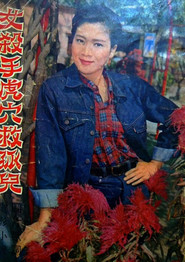 In protecting a group of children...
In protecting a group of children...Return of Lady Bond 1966
In protecting a group of children from bullying and gang violence, the gallant 'Lady Bond' Kong Yin stays with the family of driver Lee Pak in order to give classes in self-defence to Pak's younger brother Calf and neighbours Tak, Ah-ling as well as the young woman Sheung, drilling them in the moves and techniques. Startled by her striking resemblance to his kidnapped girlfriend Tong Ching-yee, Tse Tsi-ming pleads with and convinces Kong to pose as the missing girl to visit her bedridden grandfather Chung-sau. The masterminds behind the abduction, Tong's stepmother and her nephew Chan Chi-biu capture also Tse and the children. Tse brilliantly manages to alert Kong. Fighting and apprehending her opponents, Kong frees the hostages and hands the criminals over to the authorities.
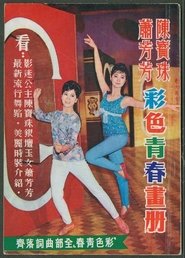 In 1966 Connie Chan Pochu and Josephine...
In 1966 Connie Chan Pochu and Josephine...Colorful Youth 1966
In 1966, Connie Chan Po-chu and Josephine Siao Fong-fong starred in multiple contemporary films, cementing their onscreen persona as virtuous young women while becoming the hottest youth idols of their time. Colourful Youth remains the only contemporary film to feature both of them. Filmed in Eastmancolor, the song-and-dance spectacle keeps its fingers on the pulse of its era and presents the vigour of the modern times.
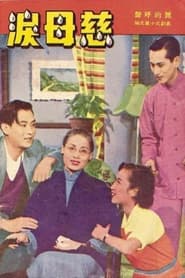 This script was adapted from a...
This script was adapted from a...A Mother's Tears 1953
This script was adapted from a Rediffusion Radio airwave novel, written by Lang Wun and read on-air by his wife Ngai Mun. Ngai Mun also acted in this film. Wang (Cheung Ying) worked himself to an early death. His wife Ching (Hung Sin Nui) raised their three children all by herself. Eldest son Kei (also played by Cheung Ying) was spoiled and grew up to be a robber. Middle child, daughter Ching-han, is materialistic and vain, and is later killed by Kei. Youngest son Leung (Yeung Fan) is diligent and ambitious, a great comfort to Ching. Hung Sin Nui played Ching from a young to an elderly woman, showing off her practiced, perfect acting skills. Chun Kim’s detailed portrayal of the relationship between the two generations set the stage for his later work Parents’ Hearts (1955).
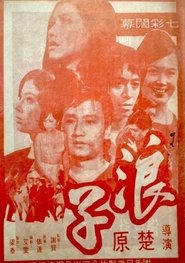
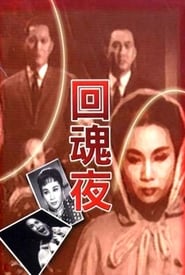 A ghost tale very strongly inspired...
A ghost tale very strongly inspired...